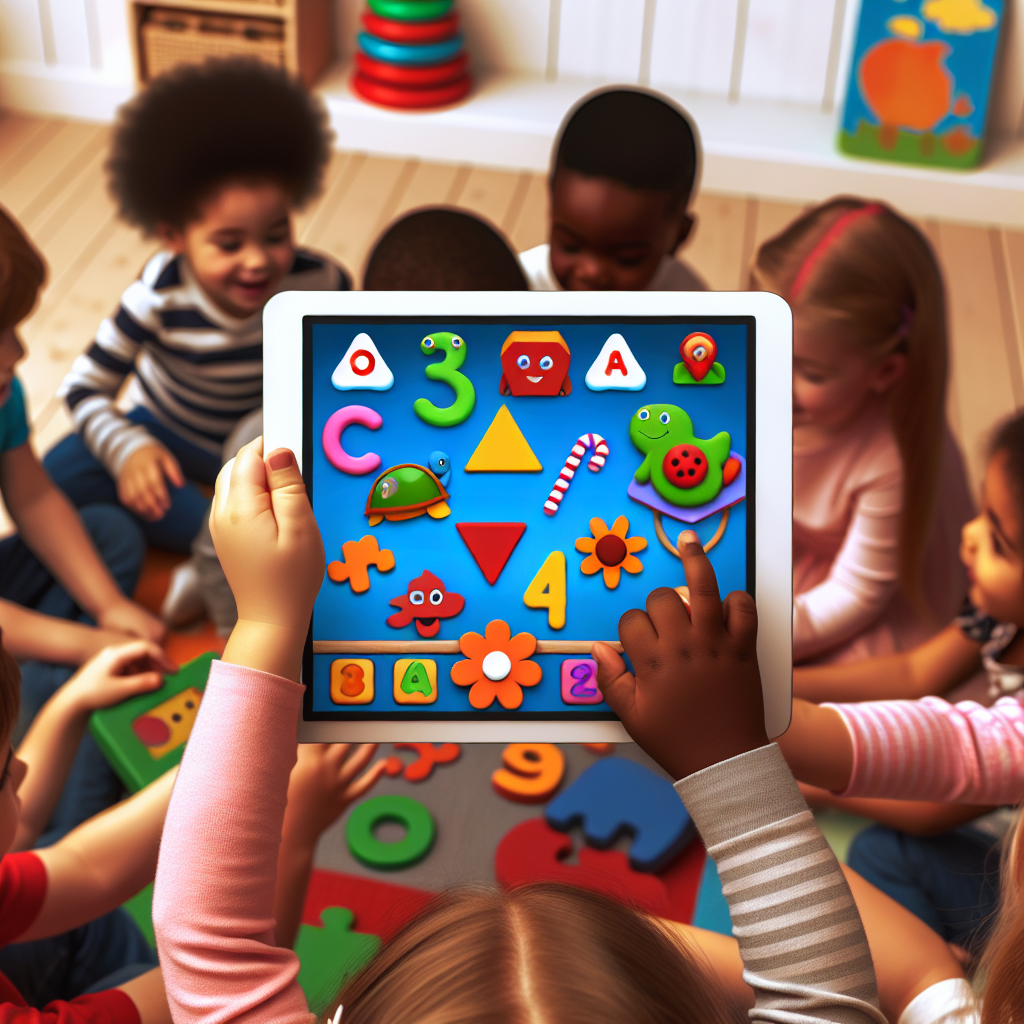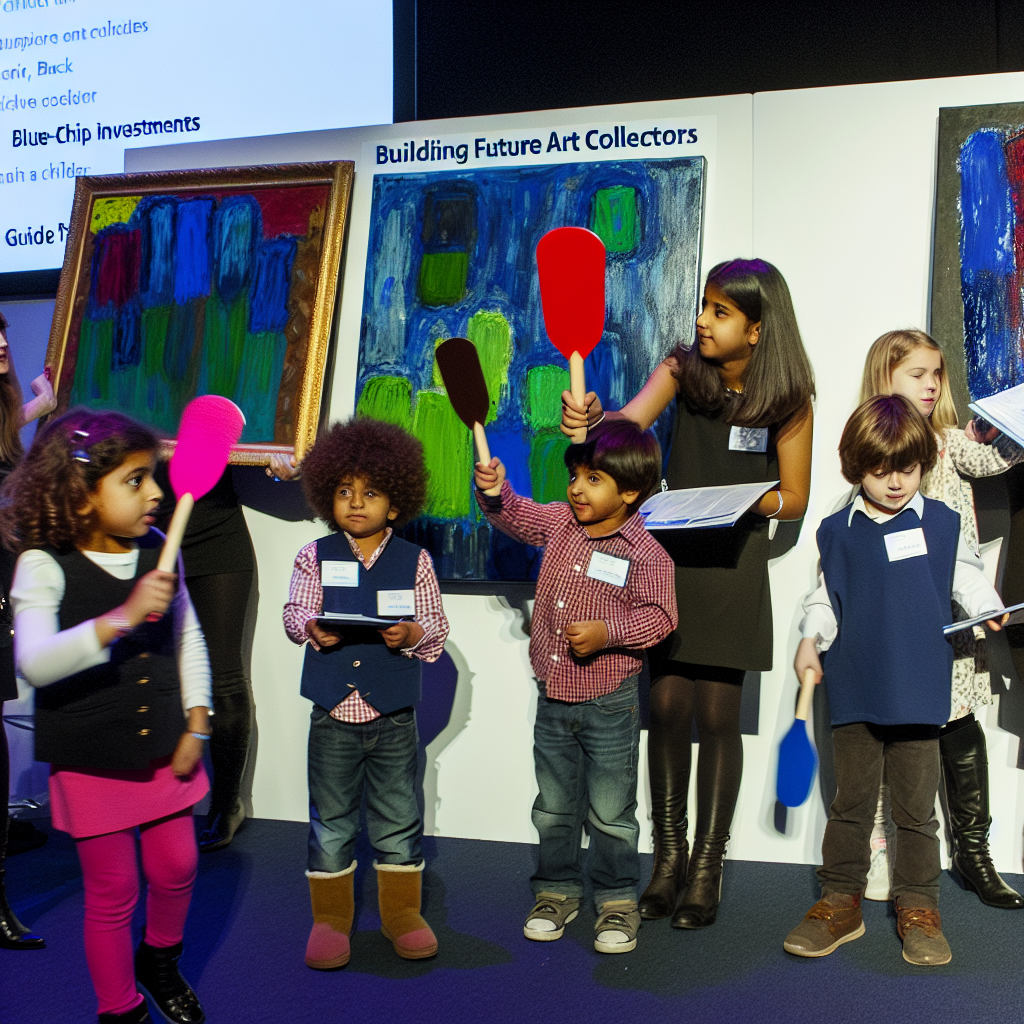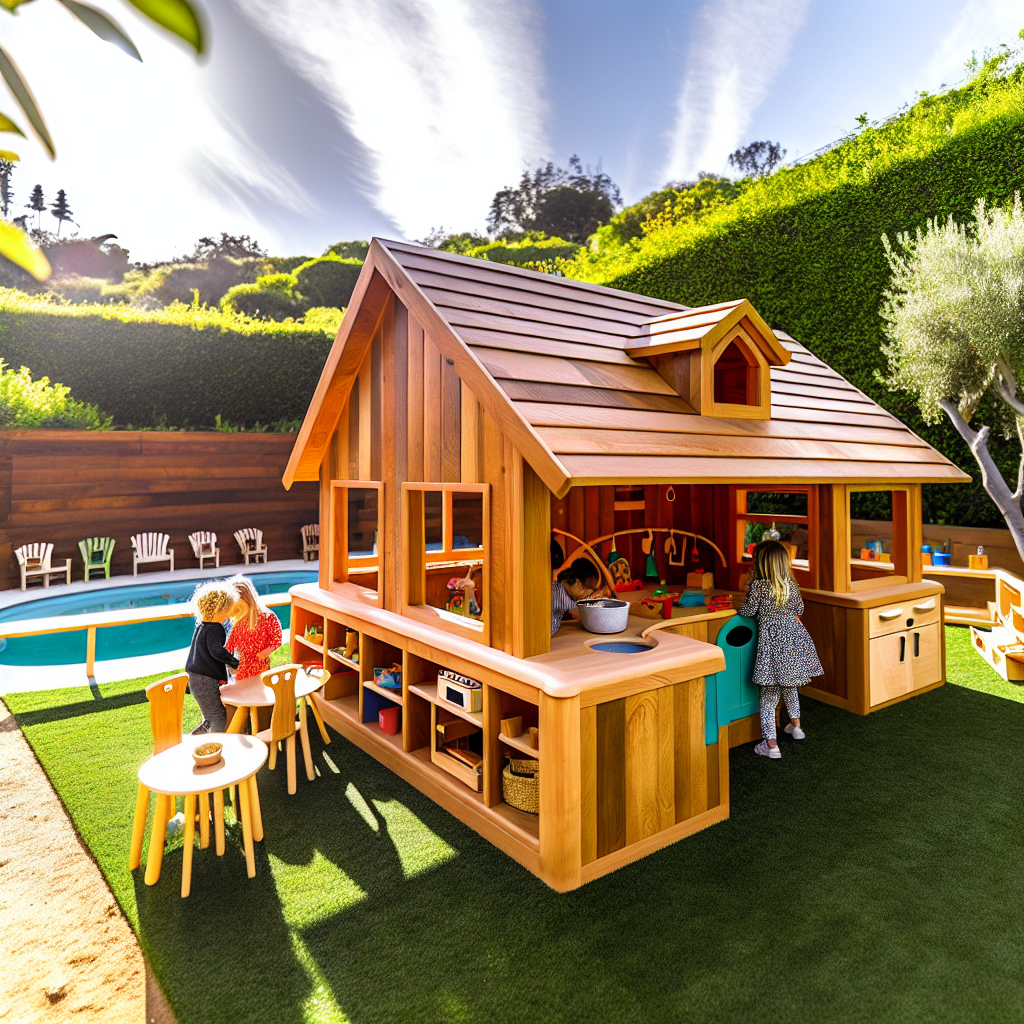Premium Personalized Learning Apps for Preschoolers: Cognitive Boosters
Introduction: Unlocking Your Child’s Potential with Elite Digital Tools
In today’s fast-paced digital age, personalized learning and technology are more deeply intertwined than ever. For families who prioritize educational excellence and bespoke experiences for their children, premium learning apps for preschoolers are becoming a cornerstone of modern early childhood education.
These are not your typical screen-time distractions; they are sophisticated platforms built upon cutting-edge cognitive development research, adaptive learning algorithms, and expert-driven content design. Their goal is to maximize each child’s learning potential by customizing educational content to their needs, pace, and developmental readiness.
Technologies like artificial intelligence (AI), real-time analytics, and developmental tracking ensure an engaging, effective, and intelligent education experience. Unlike standard apps, these platforms encompass not only literacy and numeracy but also emotional intelligence, fine motor skills, speech and language development, and even mindfulness and self-regulation.
Parents seeking exceptional results are particularly drawn to platforms with features such as multilingual programs, elite educator collaborations, and even virtual learning coaches. These apps are ideal for families preparing children for entrance into competitive kindergarten programs or elite preschools, delivering a seamless blend of play and purpose.
Let’s take a deeper look into how these exclusive tools function and the scientific principles that make them standout learning accelerators.
Behind the Screens: Intelligent Features Driven by Cognitive Science
Premium personalized learning apps juggle complex algorithms with simple, child-friendly interfaces to create a deeply effective adaptive learning environment. These intelligent systems observe how a child interacts with content and modify difficulty levels and lesson types in real time, keeping content aligned with the child’s current developmental level.
This approach mirrors the psychological theory known as the Zone of Proximal Development (ZPD), developed by Russian psychologist Lev Vygotsky. The ZPD identifies the sweet spot of learning—where a task is not too easy, not too difficult, but just challenging enough to stimulate growth with appropriate guidance. These apps strive to keep children operating within this zone, increasingly pushing them toward mastery.
Furthermore, Harvard University’s Center on the Developing Child underscores the importance of dynamic, back-and-forth exchanges during early development, describing this as “serve and return” communication. Premium apps replicate this concept with engaging prompts that invite responses, encourage verbalization, and dynamically adapt narratives or tasks based on responses—promoting language acquisition and cognitive engagement.
Many also include AI-powered conversational agents, story builders, and game-based feedback loops that simulate genuine interaction, keeping children emotionally and mentally engaged.
Research-Backed Results: How Premium Apps Outperform Traditional Methods
A 2021 study from the journal Nature Human Behaviour titled “Educational technology and its impact on early childhood development” found that children using apps with adaptive technologies saw greater gains in vocabulary acquisition, shape and color recognition, and early problem-solving than those engaging in teacher-led lessons alone.
Further supporting evidence comes from a Stanford University study on preschool-aged children using a personalized math app. Results showed significant improvement in “number sense”—a foundational mathematical skill with long-term academic implications.
Popular high-end platforms like HOMER, Lingokids, and Kinedu leverage interactive stories, gamified challenges, progress incentives, and rich audio-visual storytelling—not just to educate but to enthrall young learners. This keeps them deeply immersed and primes them for higher retention.
Designed by Experts: Holistic Development Meets Educational Technology
Unlike basic apps that focus solely on learning letters and numbers, premium platforms are designed with a multi-dimensional strategy that taps into the full developmental spectrum. Collaborating with top-tier educators, therapists, and curriculum specialists, these platforms are born from decades of research and practical expertise.
Here’s how some leading tools stand apart:
- Epic! Books for Kids curates its digital library in collaboration with reading specialists and follows age-appropriate sequencing to support phonemic and phonological skills.
- Lingokids embeds tools approved by licensed speech pathologists to nurture early literacy, speech fluency, and vocabulary expansion in more than one language.
- Kinedu features content mapped to core developmental domains—cognitive, physical, linguistic, and socio-emotional—while also giving parents access to individualized video coaching and expert advice for every milestone and challenge.
Furthermore, these platforms often offer:
- Customizable learning journeys aligned with global education models such as the British EYFS, Reggio Emilia, or IB Preschool framework.
- Parent dashboards that allow for real-time performance tracking, setting personalized learning goals, or linking progress with in-person care providers.
- Concierge-style support and access to expert education consultants to help refine and guide your child’s digital learning experience.
The result is a fully integrated educational tool that meets your child where they are—and supports growth in every direction, academically, emotionally, and socially.
Conclusion: Digital Brilliance with a Human Touch
Investing in premium personalized learning apps is an investment in your child’s earliest and most critical years of brain development. These carefully curated tools enable an educational experience that is intelligent, adaptive, engaging, and aligned with real growth goals—not just screen-time entertainment.
These apps empower families to go beyond rote learning and foster curiosity, creativity, and critical thinking. With technology meeting empirical science and expert insight, early childhood education can now be both luxurious and profoundly effective.
In a world where attention is currency and opportunity grows from ability, giving your child the right digital tools early on is not just a luxury—it’s a forward-thinking strategy for lifelong success.
References
- Harvard University Center on the Developing Child – Serve and Return
- Nature Human Behaviour – Educational Technology Study
- Stanford Graduate School of Education – Personalized Math Learning
- The Science Behind HOMER Learning
- Lingokids Educational Methodology
- Kinedu Research-Based Learning Framework

Dominic E. is a passionate filmmaker navigating the exciting intersection of art and science. By day, he delves into the complexities of the human body as a full-time medical writer, meticulously translating intricate medical concepts into accessible and engaging narratives. By night, he explores the boundless realm of cinematic storytelling, crafting narratives that evoke emotion and challenge perspectives. Film Student and Full-time Medical Writer for ContentVendor.com




